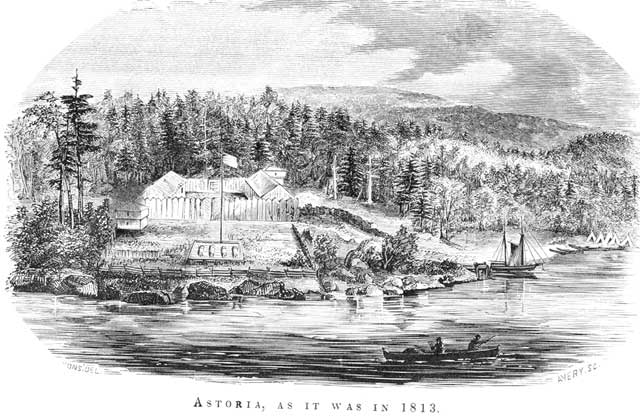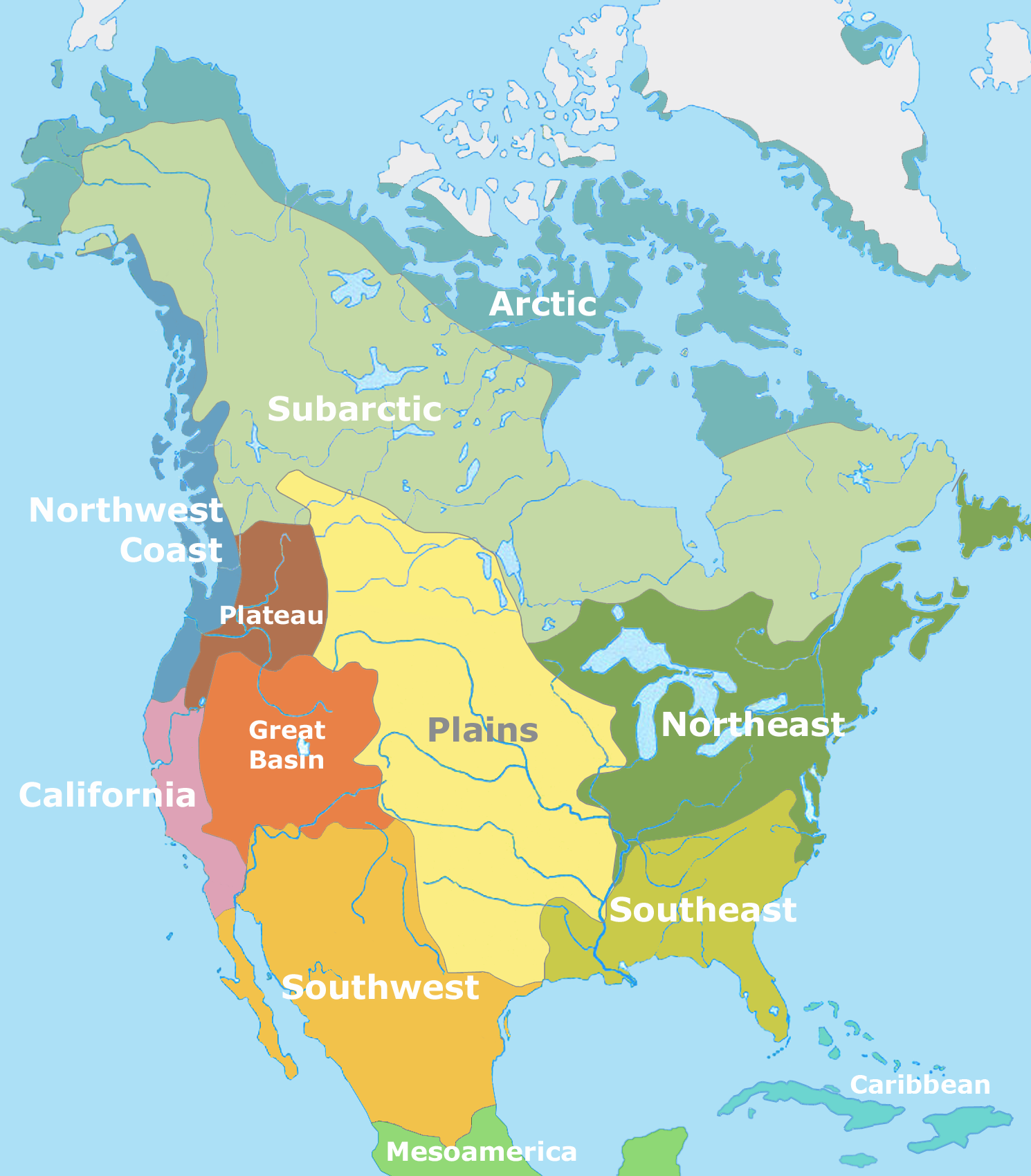|
Jacksonville, Iowa
Jacksonville is an unincorporated community and census-designated place in Jackson Township, Shelby County, Iowa, in the United States. As of the 2020 Census the population of Jacksonville was 29. History Jacksonville was originally built up chiefly by the Danish. Jacksonville's population was 12 in 1902, and 75 in 1925. Education The Harlan Community School District operates local public schools. The district serves the towns of Harlan, Defiance, Earling, Panama, Portsmouth and Westphalia, the unincorporated communities of Jacksonville and Corley, and the surrounding rural areas. Demographics 2020 census As of the census of 2020, there were 29 people, 6 households, and 3 families residing in the community. The population density was 294.9 inhabitants per square mile (113.9/km2). There were 13 housing units at an average density of 132.2 per square mile (51.0/km2). The racial makeup of the community was 86.2% White, 3.4% Black or African American, 0.0% Native American, ... [...More Info...] [...Related Items...] OR: [Wikipedia] [Google] [Baidu] |
Census-designated Place
A census-designated place (CDP) is a Place (United States Census Bureau), concentration of population defined by the United States Census Bureau for statistical purposes only. CDPs have been used in each decennial census since 1980 as the counterparts of incorporated places, such as self-governing city (United States), cities, town (United States), towns, and village (United States), villages, for the purposes of gathering and correlating statistical data. CDPs are populated areas that generally include one officially designated but currently unincorporated area, unincorporated community, for which the CDP is named, plus surrounding inhabited countryside of varying dimensions and, occasionally, other, smaller unincorporated communities as well. CDPs include small rural communities, Edge city, edge cities, colonia (United States), colonias located along the Mexico–United States border, and unincorporated resort and retirement community, retirement communities and their environs. ... [...More Info...] [...Related Items...] OR: [Wikipedia] [Google] [Baidu] |
Panama, Iowa
Panama is a city in Shelby County, Iowa, United States. The population was 235 at the time of the 2020 census. History Panama had its start in the year 1882 by the building of the Chicago, Milwaukee and St. Paul Railway through Washington Township. Geography According to the United States Census Bureau, the city has a total area of , all of it land. The community is on Iowa Highway 191, halfway between U.S. Routes 30 and 59 Demographics 2020 census As of the census of 2020, there were 235 people, 107 households, and 67 families residing in the city. The population density was 810.2 inhabitants per square mile (312.8/km2). There were 107 housing units at an average density of 368.9 per square mile (142.4/km2). The racial makeup of the city was 97.9% White, 0.0% Black or African American, 0.0% Native American, 0.0% Asian, 0.0% Pacific Islander, 0.0% from other races and 2.1% from two or more races. Hispanic or Latino persons of any race comprised 0.4% of the populat ... [...More Info...] [...Related Items...] OR: [Wikipedia] [Google] [Baidu] |
Marriage
Marriage, also called matrimony or wedlock, is a culturally and often legally recognised union between people called spouses. It establishes rights and obligations between them, as well as between them and their children (if any), and between them and their Affinity (law), in-laws. It is nearly a cultural universal, but the definition of marriage varies between cultures and religions, and over time. Typically, it is an institution in which interpersonal relationships, usually sexual, are acknowledged or sanctioned. In some cultures, marriage is recommended or considered to be Premarital sex, compulsory before pursuing sexual activity. A marriage ceremony is called a wedding, while a private marriage is sometimes called an elopement. Around the world, there has been a general trend towards ensuring Women's rights, equal rights for women and ending discrimination and harassment against couples who are Interethnic marriage, interethnic, Interracial marriage, interracial, In ... [...More Info...] [...Related Items...] OR: [Wikipedia] [Google] [Baidu] |
Hispanic And Latino Americans
Hispanic and Latino Americans are Americans who have a Spaniards, Spanish or Latin Americans, Latin American background, culture, or family origin. This demographic group includes all Americans who identify as Hispanic or Latino (demonym), Latino, regardless of Race and ethnicity in the United States census, race. According to the United States Census Bureau, U.S. Census Bureau, an estimated 65,219,145 Hispanics and Latinos were living in the United States in 2023, representing approximately 19.5% of the total Demographics of the United States, U.S. population that year, making them the Race and ethnicity in the United States, second-largest group after the Non-Hispanic whites, non-Hispanic White population. "Origin" can be viewed as the ancestry, nationality group, lineage or country of birth of the person or the person's parents or ancestors before their arrival in the United States of America. People who identify as Hispanic or Latino may be of any race, because similarly ... [...More Info...] [...Related Items...] OR: [Wikipedia] [Google] [Baidu] |
Pacific Islander Americans
Pacific Islander Americans (also colloquially referred to as Islander Americans) are Americans who are of Pacific Islander ancestry (or are descendants of the Indigenous peoples of Oceania). For its purposes, the United States census also counts Aboriginal Australians as part of this group. Pacific Islander Americans make up 0.5% of the US population including those with partial Pacific Islander ancestry, enumerating about 1.4 million people. The largest ethnic subgroups of Pacific Islander Americans are Native Hawaiians, Samoan Americans, Samoans, and Chamorro people, Chamorros. Much of the Pacific Islander population resides in Hawaii, Alaska, California, Utah, and Texas. Pacific Islanders may be considered Oceanian Americans, but this group may include Australians and New Zealander-origin people, who can be of non-Pacific Islander ethnicity. Many Pacific Islander Americans are mixed with other races, especially Europeans and Asians, due to Pacific Islanders being a small p ... [...More Info...] [...Related Items...] OR: [Wikipedia] [Google] [Baidu] |
Asian Americans
Asian Americans are Americans with Asian diaspora, ancestry from the continent of Asia (including naturalized Americans who are Immigration to the United States, immigrants from specific regions in Asia and descendants of those immigrants). Although this term had historically been used for all the indigenous peoples of the continent of Asia, the usage of the term "Asian" by the United States Census Bureau denotes a racial category that includes people with origins or ancestry from East Asia, South Asia, Southeast Asia, and Central Asia. It excludes people with ethnic origins from West Asia, who were historically classified as 'white' and will be categorized as Middle Eastern Americans starting from the 2030 United States census, 2030 census. Central Asians in the United States, Central Asian ancestries (including Afghans, Afghan, Kazakhs, Kazakh, Kyrgyz people, Kyrgyz, Tajiks, Tajik, Turkmens, Turkmen, and Uzbeks, Uzbek) were previously not included in any racial category but h ... [...More Info...] [...Related Items...] OR: [Wikipedia] [Google] [Baidu] |
Native Americans In The United States
Native Americans (also called American Indians, First Americans, or Indigenous Americans) are the Indigenous peoples of the Americas, Indigenous peoples of the United States, particularly of the Contiguous United States, lower 48 states and Alaska. They may also include any Americans whose origins lie in any of the indigenous peoples of North or South America. The United States Census Bureau publishes data about "American Indians and Alaska Natives", whom it defines as anyone "having origins in any of the original peoples of North and South America ... and who maintains tribal affiliation or community attachment". The census does not, however, enumerate "Native Americans" as such, noting that the latter term can encompass a broader set of groups, e.g. Native Hawaiians, which it tabulates separately. The European colonization of the Americas from 1492 resulted in a Population history of Indigenous peoples of the Americas, precipitous decline in the size of the Native American ... [...More Info...] [...Related Items...] OR: [Wikipedia] [Google] [Baidu] |
African Americans
African Americans, also known as Black Americans and formerly also called Afro-Americans, are an American racial and ethnic group that consists of Americans who have total or partial ancestry from any of the Black racial groups of Africa. African Americans constitute the second largest ethno-racial group in the U.S. after White Americans. The term "African American" generally denotes descendants of Africans enslaved in the United States. In 2023, an estimated 48.3 million people self-identified as Black, making up 14.4% of the country’s population. This marks a 33% increase since 2000, when there were 36.2 million Black people living in the U.S. African-American history began in the 16th century, with Africans being sold to European slave traders and transported across the Atlantic to the Western Hemisphere. They were sold as slaves to European colonists and put to work on plantations, particularly in the southern colonies. A few were able to achieve freedom th ... [...More Info...] [...Related Items...] OR: [Wikipedia] [Google] [Baidu] |
White Americans
White Americans (sometimes also called Caucasian Americans) are Americans who identify as white people. In a more official sense, the United States Census Bureau, which collects demographic data on Americans, defines "white" as "[a] person having origins in any of the original peoples of Europe, the Middle East, or North Africa". This group constitutes the majority of the people in the United States, although their proportion of the overall population has been White demographic decline, gradually declining. As of the latest American Community Survey in 2023, the US Census Bureau estimates that 60.5% of the US population, or 202,651,650 people, are White alone, while Non-Hispanic whites, Non-Hispanic Whites make up 57.1% of the population. Overall, 72.3% of Americans identify as White alone or in combination. European Americans are by far the largest panethnic group of white Americans and have constituted the majority population of the United States since the nation's founding. M ... [...More Info...] [...Related Items...] OR: [Wikipedia] [Google] [Baidu] |
Population Density
Population density (in agriculture: Standing stock (other), standing stock or plant density) is a measurement of population per unit land area. It is mostly applied to humans, but sometimes to other living organisms too. It is a key geographical term.Matt RosenberPopulation Density Geography.about.com. March 2, 2011. Retrieved on December 10, 2011. Biological population densities Population density is population divided by total land area, sometimes including seas and oceans, as appropriate. Low densities may cause an extinction vortex and further reduce fertility. This is called the Allee effect after the scientist who identified it. Examples of the causes of reduced fertility in low population densities are: * Increased problems with locating sexual mates * Increased inbreeding Human densities Population density is the number of people per unit of area, usually transcribed as "per square kilometre" or square mile, and which may include or exclude, for example, ar ... [...More Info...] [...Related Items...] OR: [Wikipedia] [Google] [Baidu] |
United States Census
The United States census (plural censuses or census) is a census that is legally mandated by the Constitution of the United States. It takes place every ten years. The first census after the American Revolution was taken in 1790 United States census, 1790 under United States Secretary of State, Secretary of State Thomas Jefferson. There have been 24 federal censuses since that time. The census includes territories of the United States. The United States Census Bureau is responsible for conducting the census. The 2020 United States census, most recent national census took place in 2020; the next census is scheduled for 2030. Since 2013, the Census Bureau began discussions on using technology to aid data collection starting with the 2020 census. In 2020, every household received an invitation to complete the census over the Internet, by phone or by paper questionnaire. For years between the decennial censuses, the Census Bureau issues estimates made using surveys and statistical mo ... [...More Info...] [...Related Items...] OR: [Wikipedia] [Google] [Baidu] |





